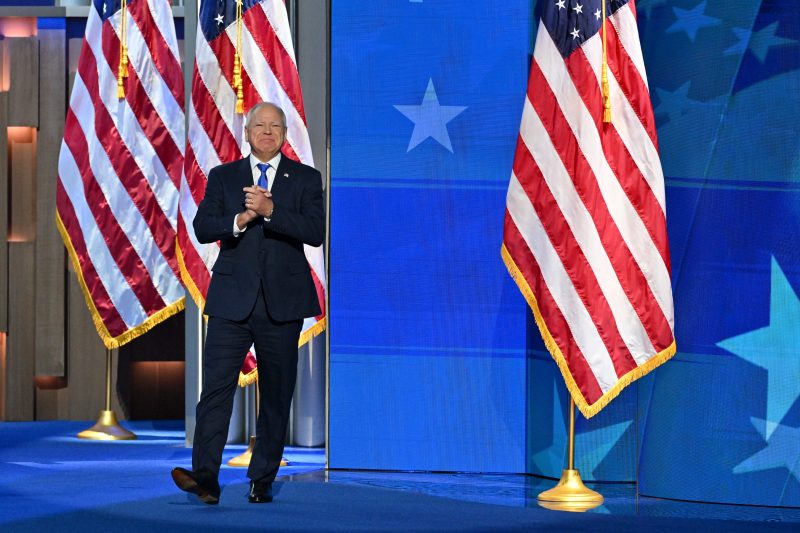In the realm of international politics, the rise of China as a global superpower has become an increasingly pertinent topic for political candidates seeking to gain an advantage in their campaigns. The utilization of China’s growing power as an attack line against opponents has become a common strategy, reflecting the shifting dynamics of global power plays and the focus on foreign policy in political discourse.
One of the key ways in which candidates capitalize on China’s power is by highlighting the economic competition posed by the Asian giant. China’s rapid economic growth and ambitious global investment strategies have led to concerns about the impact on American industries and workers. Candidates often leverage these fears by painting their opponents as weak on addressing Chinese economic domination, promising to take a tougher stance on trade and economic policies to protect American interests.
Furthermore, the military expansion and assertive foreign policy actions taken by China in recent years have also provided ample ammunition for candidates looking to score political points. Issues such as territorial disputes in the South China Sea, military buildup, and human rights violations have become flashpoints in political debates. Candidates use these issues to question the foreign policy credentials of their opponents, positioning themselves as better equipped to handle the challenges posed by China’s rise on the global stage.
Moreover, the issue of technological competition with China has emerged as a key battleground in political campaigns. As China invests heavily in emerging technologies such as artificial intelligence, quantum computing, and 5G infrastructure, candidates seize upon concerns about technological espionage, intellectual property theft, and national security implications to discredit their rivals. Promising to bolster domestic innovation and counter Chinese technological advancements has become a popular campaign tactic in the current political landscape.
In conclusion, the rise of China as a global superpower presents a ripe opportunity for political candidates to leverage in their campaigns. By framing China’s power as a threat to American economic, military, and technological interests, candidates seek to position themselves as the best choice to navigate the challenges posed by a changing global landscape. As the competition between the U.S. and China intensifies, we can expect to see candidates continue to use China’s power as a potent attack line in future political campaigns.

